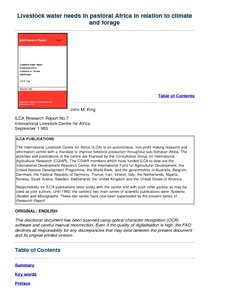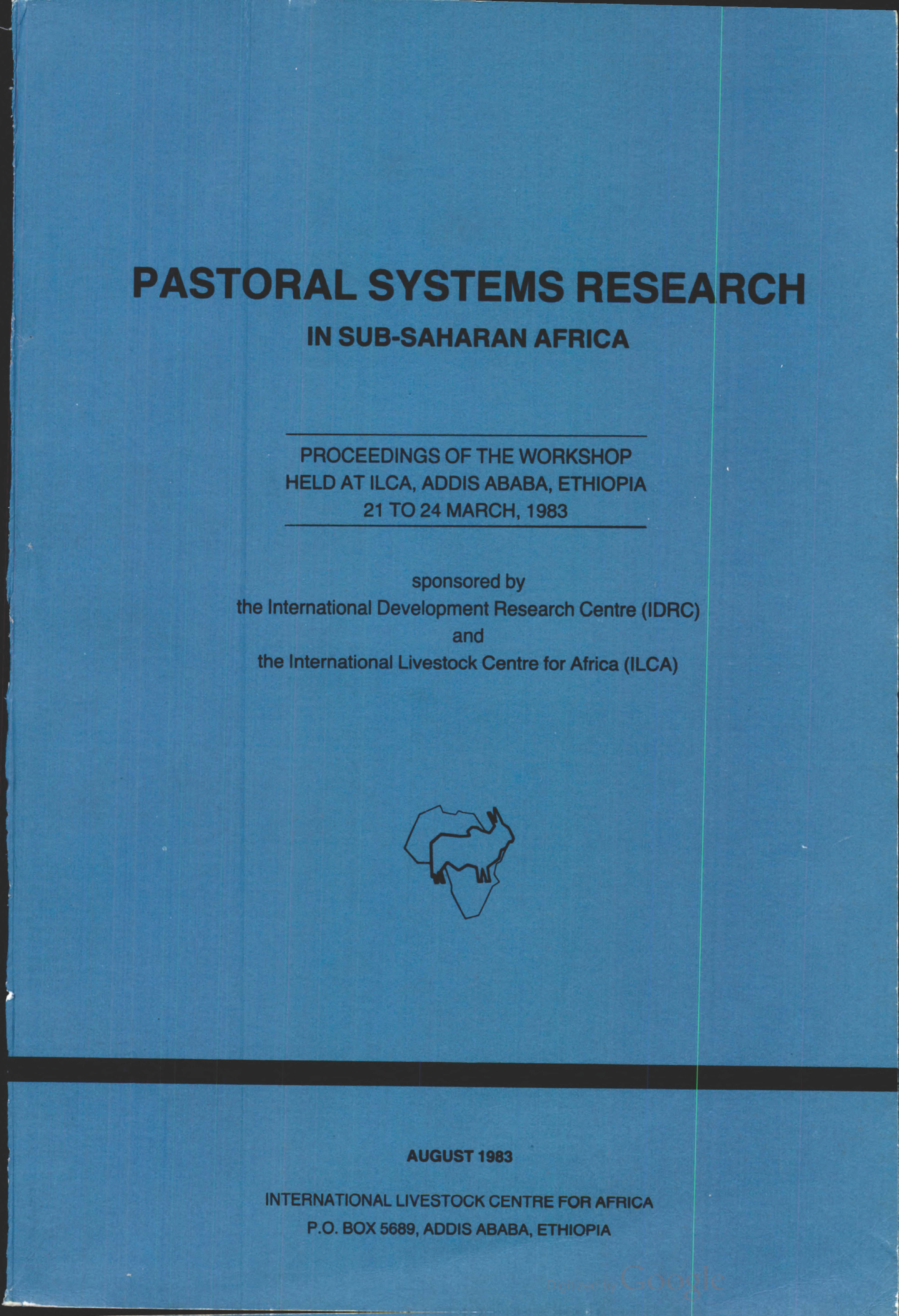Location
Vision, mission and strategy
ILRI's strategy 2013-2022 was approved in December 2012. It emerged from a wide processof consultation and engagement.
ILRI envisions... a world where all people have access to enough food and livelihood options to fulfil their potential.
ILRI’s mission is... to improve food and nutritional security and to reduce poverty in developing countries through research for efficient, safe and sustainable use of livestock—ensuring better lives through livestock.
ILRI’s three strategic objectives are:
- with partners, to develop, test, adapt and promote science-based practices that—being sustainable and scalable—achieve better lives through livestock.
- with partners,to provide compelling scientific evidence in ways that persuade decision-makers—from farms to boardrooms and parliaments—that smarter policies and bigger livestock investments can deliver significant socio-economic, health and environmental dividends to both poor nations and households.
- with partners,to increase capacity among ILRI’s key stakeholders to make better use of livestock science and investments for better lives through livestock.
This is ILRI’s second ten-year strategy. It incorporates a number of changes, many based on learning from the previous strategy (2000–2010, initially produced in 2000 and modified in 2002), an interim strategy (2011–2012) and an assessment of the external and internal environments in which the institute operates.
Members:
Resources
Displaying 1111 - 1115 of 1152Pastoral systems research in sub-Saharan Africa
Presents a collection of conference papers defining pastoral systems research; the survey and diagnostic phase of pastoral systems research; ILCA's experience in remote sensing techniques and aerial surveys; survey of vegetation resources; livestock productivity and animal nutrition; pastoral production strategies, wealth effects, household studies, and labour data collection as well as livestock marketing studies.
Livestock water needs in pastoral Africa in relation to climate and forage
Discusses livestock water needs and the variation of water dependence in dif. circumstance, mentioning body water functions; physiological aspects of water balance; channels of gain & loss; and factors affecting water balance, particularly energy production, thermoregulation and water availability. Examines energy and water use, as well as water & livestock development in pastoral areas of Africa.
Livestock productivity and management
Discusses ways of collecting livestock data, mentioning the usefulness and techniques of low-level aerial surveys to gather information on animal numbers; and methods of recording weight changes and milk yields.
Low altitude aerial surveys in pastoral systems research
Discusses how low level aerial survey can be used to diagnose constraints within pastoral systems and the relative cost effectiveness of such operations, with particular reference to flight & sample procedures and information collection and analysis; presents some results from low-altitutde aerial survey undertaken by ILCA in Nigeria, Mali, Niger and Ethiopia.
Livestock transactions data collection
Discusses the need for data on voluntary offtake & acquisition of livestock in pastoral production systems, and considers methods through which desired data can be collected, particularly multiple-visit, and single-visit progeny history technique.






